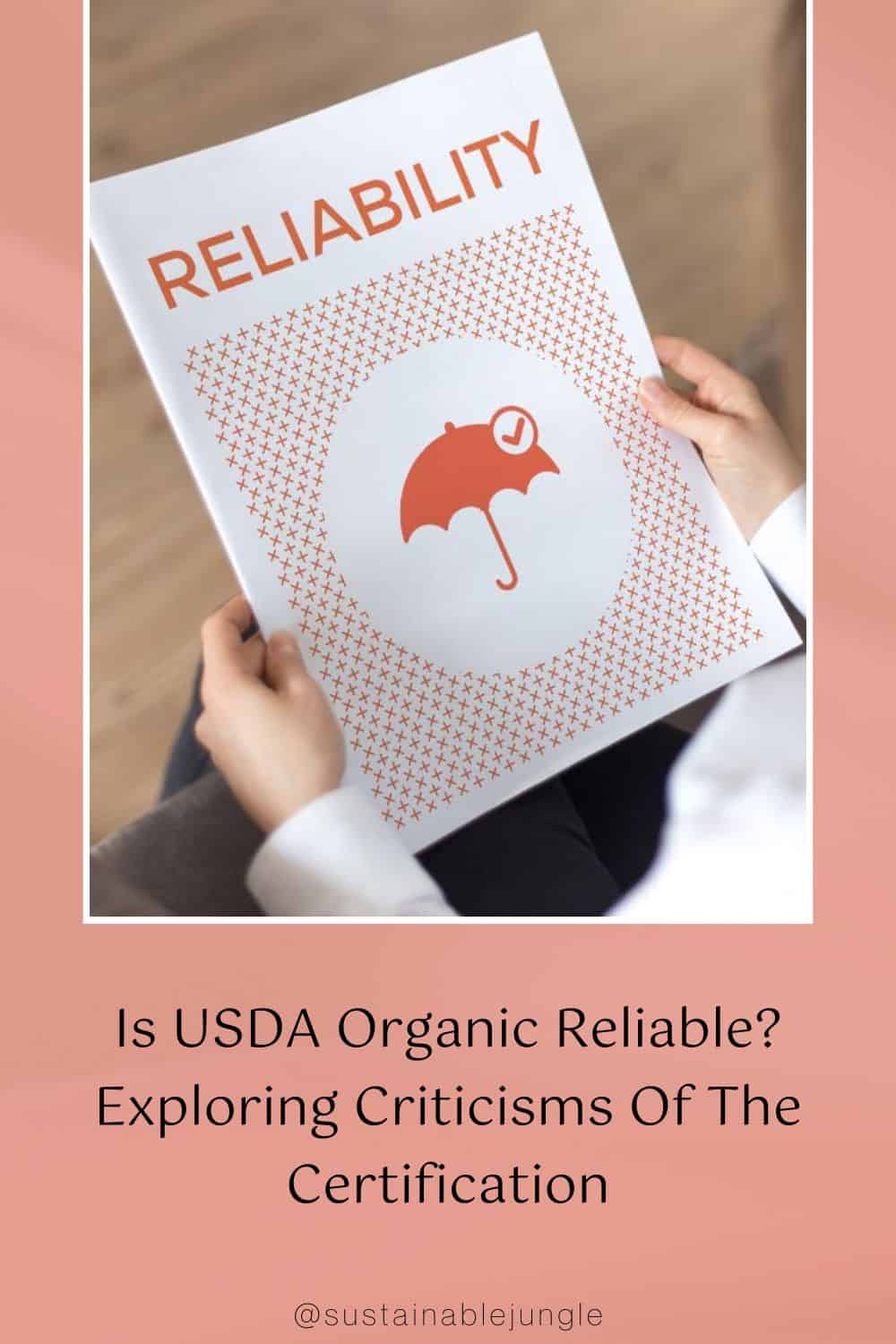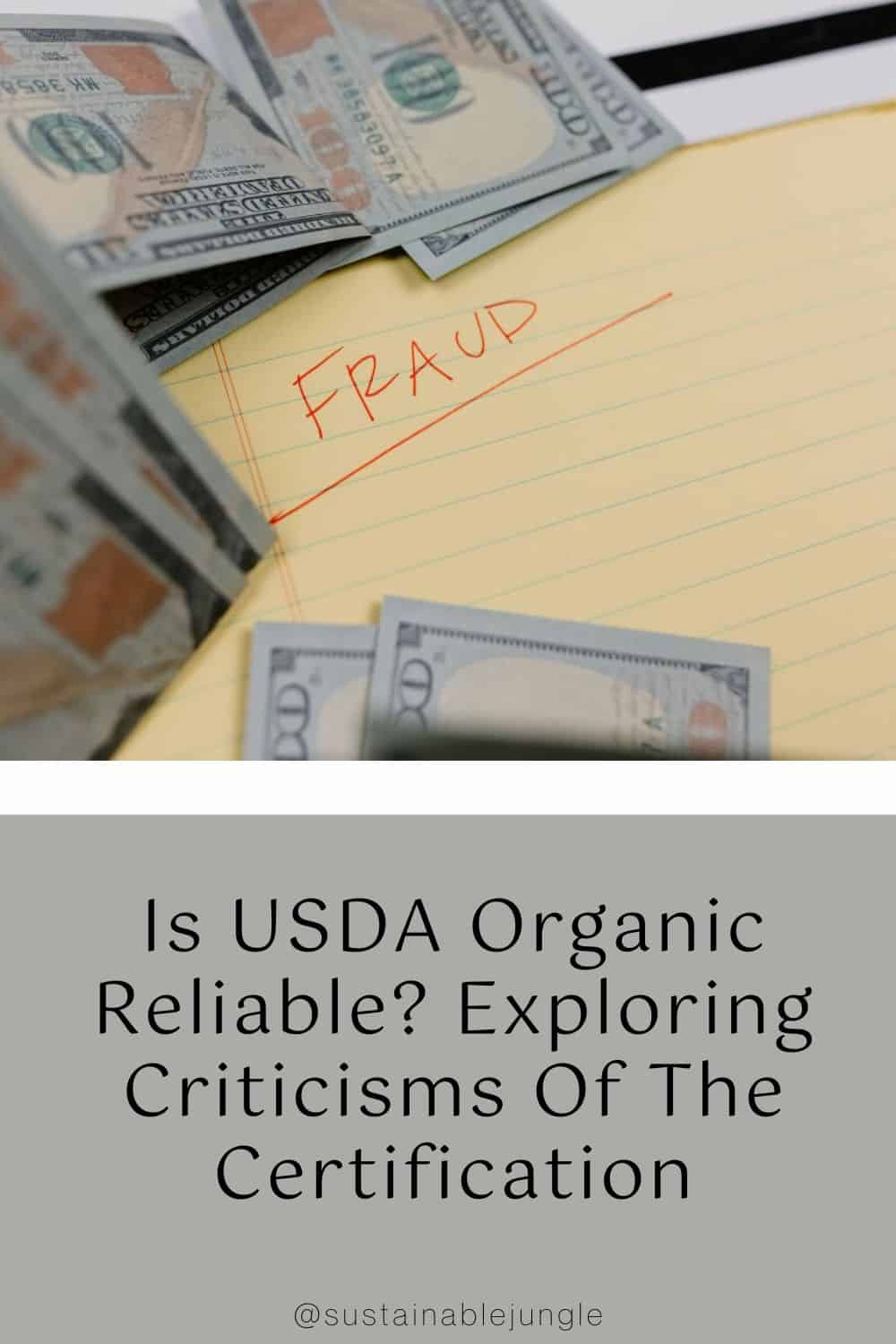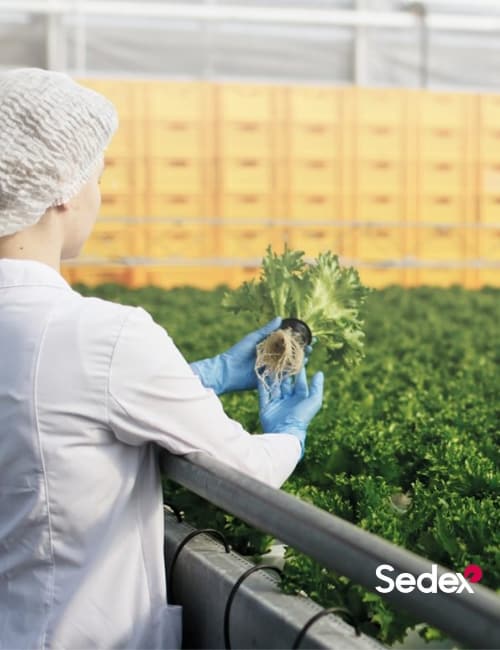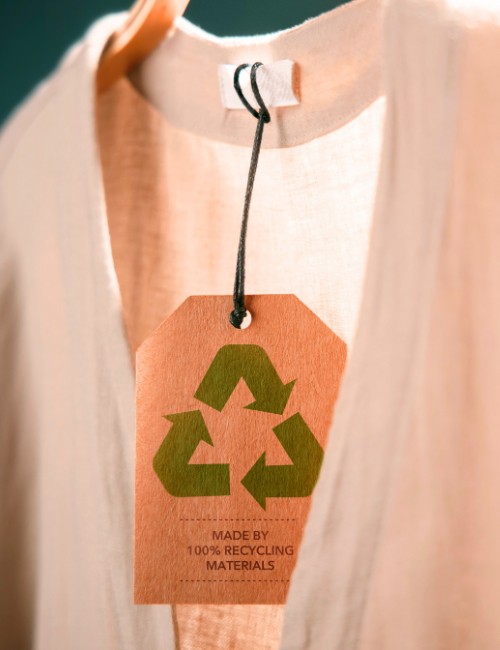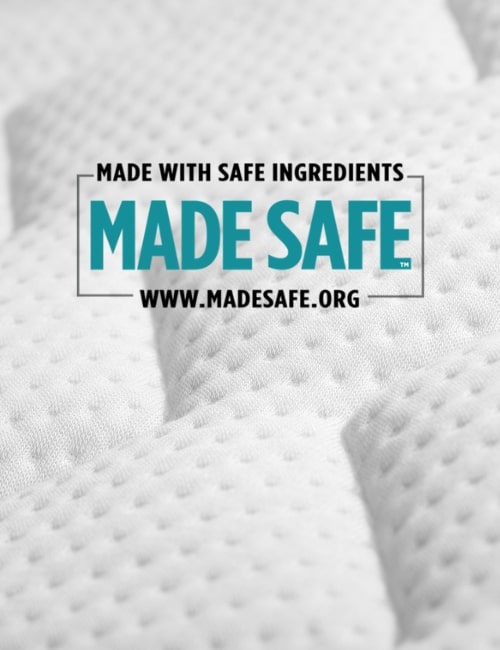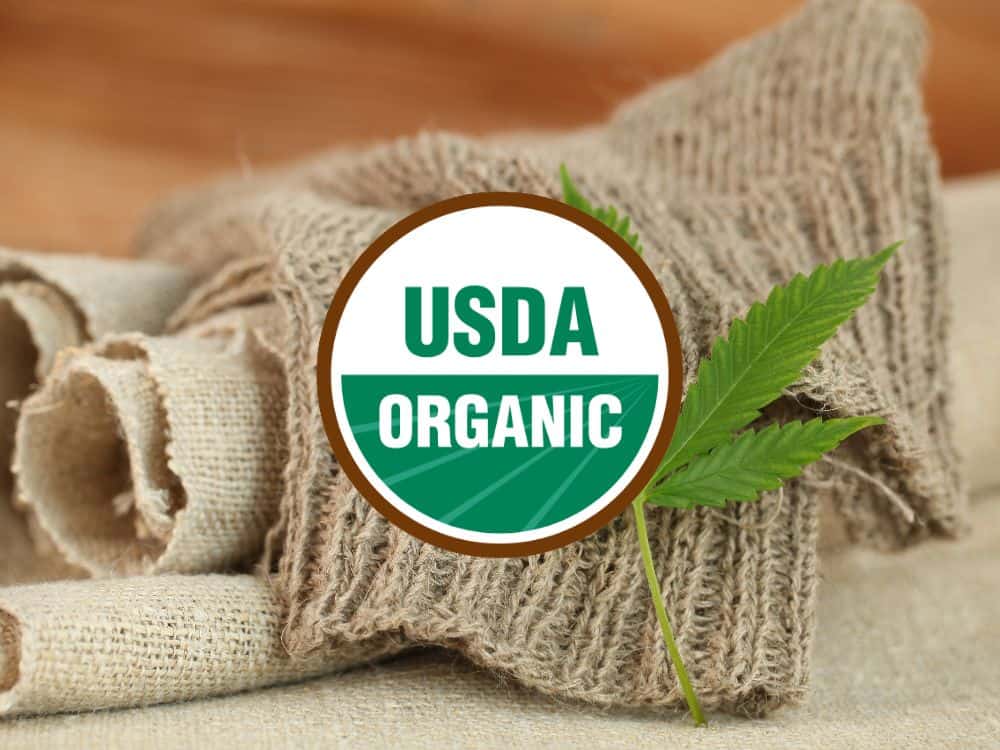
Is USDA Organic Reliable? Exploring Criticisms Of The Certification
The USDA Organic label can be found on the packaging of many sustainable food brands and even hemp fabric…but does it get the SJ seal of approval?
With the organic food market estimated to reach $272.18 billion by 2027, could premium prices tempt farmers, producers, and certifiers into cutting corners and doing the wrong thing?
Put another way: is the USDA Organic label reliable? What mechanisms are in place to ensure that a product labeled organic is actually organic?
We take a deep dive into this organic certification system to thresh out an answer.
Is USDA Organic Trustworthy?
The USDA Organic Seal is at the heart of many sustainable food systems.
But between large-scale cases of fraud and corporate-owned factory farms edging their way into the organic industry, many are left wondering, is the USDA organic certification legit?
Vulnerable to limited surveillance and requirements that may lend themselves to conflicts of interest, USDA organic certification is certainly not perfect. Yet, it remains one of the most rigorous certification schemes.
The (organic) cherry on top is that with continued pressure from eaters, growers, and activists USDA Organic can evolve into something better.
USDA Organic Legitimacy & Reliability Considerations
- Is USDA organic reliable?
- Is the USDA organic certification process for food legit?
- Why is USDA organic testing reliable?
- USDA organic legitimacy
- Can you trust USDA organic labels?
1. Is USDA Organic Reliable?
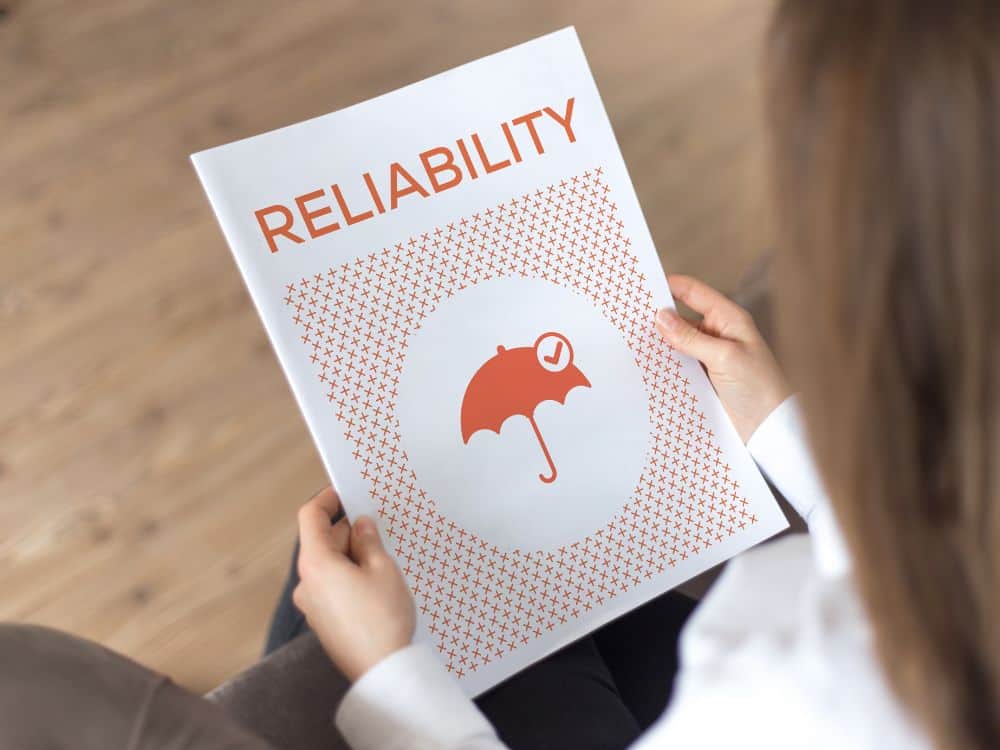
Is USDA reliable?
Before we attempt to answer the question, let’s first get to know the United States Department of Agriculture (USDA) and its National Organic Program (NOP).
The Organic Foods Production Act was passed by Congress in 1990. It was the first piece of legislation to authorize the production of federal standards for organic production.
In the early 2000s, the NOP and the National Organic Standards Board (NOSB) were established to determine organic standards and review them biannually with input from farmers, business owners, producers, and consumers.
In 2002, the USDA released the first national standards for organic production.
Since then, the organic industry has ballooned. Now large and profitable, the standards upon which the industry was founded have encountered new complexities.
What springs to mind when you see the USDA Organic label on a product?
Perhaps it conjures up images of lush rolling fields filled with biodiversity-rich cropped vegetables.
The reality, unfortunately, may look quite different. The “bucolic farm” in our minds may be more akin to a conventionally-farmed system or even an indoor hydroponic facility completely devoid of soil.
Worse, recent years have seen many cases of organic certification fraud—leading more consumers to wonder, is USDA Organic legit?
2. Is The USDA Organic Certification Process For Food Legit?
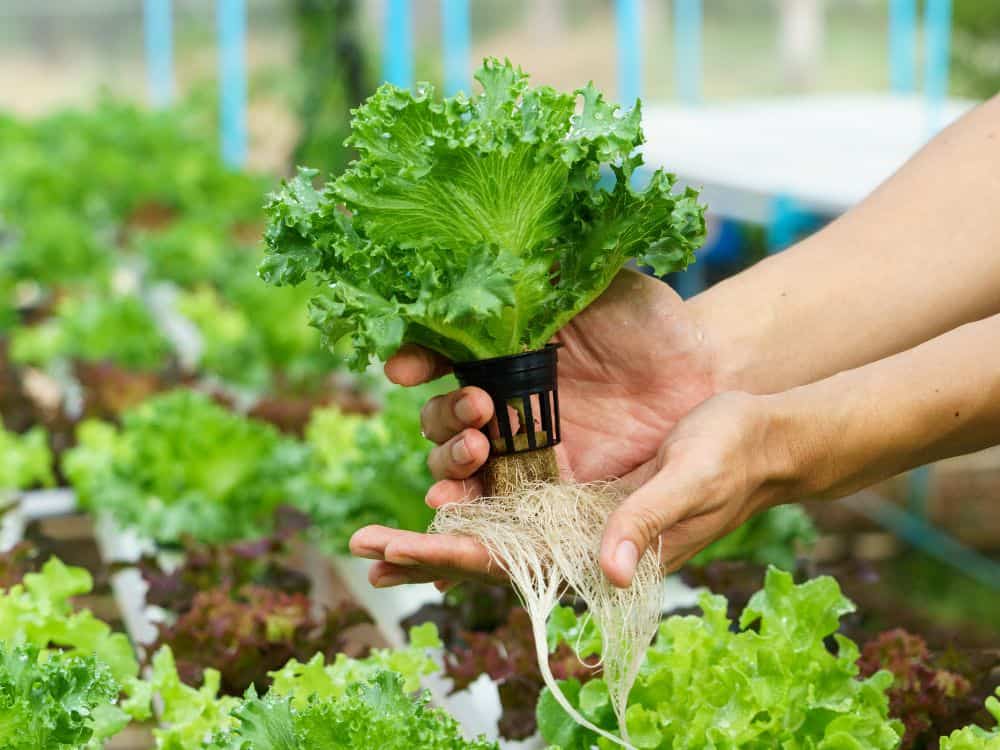
When you purchase something bearing the USDA Organic Seal, you can assume that the product was produced without synthetic fertilizers, pesticides, and herbicides.
The green logo also indicates that the product is GMO-free and doesn’t contain prohibited chemical substances (like agricultural inputs, preservatives, and additives).
Purchasing certified organic products can be linked to resilient farming systems that are responsible for fewer emissions, sequester more carbon, require less energy, and produce yields equal to—if not higher—than conventional agricultural systems.
That all sounds extremely positive, but how can we be sure that an organic apple truly contributes to these environmental benefits?
In other words: how trustworthy is the USDA certification?
The USDA organic certification process
Every farmer and producer who makes use of the USDA Certified Organic label must undergo an annual review and audit. These are conducted by third-party certifiers, of which there are almost 80.
These agents are accredited to certify based on USDA organic standards. They’re found all over the world and you may be familiar with some of the names (via brands selling organic makeup and organic baby skin care products for example).
They include Ecocert, NASAA, and OneCert, to name a few.
The annual process entails a review of every facet of the business or farm. All materials are assessed to ensure that they’re free of prohibited substances and paperwork is passed through the hands of the farmers, businesses, and USDA-approved certifiers.
Through this, we can be fairly certain (more on USDA organic criticisms later) that the crop, livestock, processed, or wild-harvested plant product:
- Has been grown on land free of prohibited substances for at least 3 years
- Has not been irradiated or grown with sewage sludge
- Has been grown without genetically engineered seeds
- Is livestock raised without antibiotics or hormones
- Is from a farmer or food processor selling more than $5,000 in organic products annually
- Has been subjected to regular compliance inspections
The producer or farmer obtains USDA food certification by:
- Developing an organic system plan: Details for how the operation will comply with USDA organic standards.
- Implementing the plan and having it reviewed by a certified agent
- Undergoing an inspection: An agent visits the farm personally to assess operations for compliance.
- Having a certifying agent review the inspection report: The results of the inspection will be compared to the organic system plan
- Receiving a positive decision from the certifier: If in compliance, the farm/producer will receive an organic certificate and will need to repeat this process annually.
The public plays a role
As mentioned earlier, it’s the NOP and the NOSB behind the standards and rules of organic certification. Reviewed biannually, you can play a role in the certification process, too.
These federal regulatory and advisory subsets of the USDA not only accept public comments, they encourage them.
If reading about policy progress is your jam, you can subscribe to their email list, the Organic Insider. If staying in the loop of organic advocates and farmers is more up your alley, you might want to join the Organic Farmers Association.
Let your voice be heard if you’re ready to give the NOSB a piece of your mind—about why you shouldn’t trust USDA organics, perhaps.
3. Why Is USDA Organic Testing Reliable?

Before we get into some of the criticisms, let’s start by looking at the advantages of the USDA Organic label.
Why is the USDA a reliable source?
With more than 45,000 certified organic operations in 100+ countries, how can the USDA and its certifying bodies be sure that nothing’s slipping through the cracks?
NOP enforcement
The NOP—with a staff of 70—handles around 750 complaints every year (850 in 2021). Most of these are addressed with investigations that don’t lead to violations. In February 2020, they launched an online complaint portal that allows anonymous reporting.
As a result of increased resources, they feel confident in their bolstered enforcement. A direct measure of this improvement, according to the NOP, is “the number of certified operations that lost their certification because of enforcement actions”.
In 2021, this amounted to 626 operations across 47 countries.
Third-party certifiers
To support the NOP staff and their efforts, there are also 76 accredited third-party certifiers in the US and abroad.
The certifiers go through a thorough training process, which includes online lessons on organic system plans, certification and traceability, input materials, fraud prevention, sampling, and testing.
NOP also holds virtual training seminars to address import oversight, fraud, livestock compliance, and more.
When an inspector from these certifying bodies evaluates an organic operation, they’ll check soil fertility and storage systems and assess pest management methods. If there’s reason to believe that prohibited agricultural inputs have been used, inspectors may also perform analytical testing, which looks for fertilizer and pesticide residues.
Overall, inspectors are required to perform analytical testing on 5% of the products they certify every year.
Through partnerships with countries like Japan, New Zealand, Canada, and the United Kingdom, the USDA recognizes equivalency to international organic standards. In these cases, organic products certified in the country or by the USDA can be legally sold as certified organic.
Strengthened rule making
As organic trade has grown globally, it’s brought about increased complexity—which has led the NOP to strengthen its organic regulations.
Now, electronic certificates and increased data sharing boost oversight and investigation efforts. New rules have been established to improve farm-to-market traceability, and the use of intellectual property trademarks enables better fraud restriction and prosecution.
By determining that data indicated reported yields were higher than they should be for foodstuffs from Russia, Ukraine, and Kazakhstan, NOP started a practice of issuing Notices of Noncompliance to certifiers. Since then, they’ve conducted similar import analyses in South America, India, and elsewhere to ensure supply chain integrity.
With a fate similar to GOTS-certified cotton from India, the NOP ceased recognition of Indian standards as those suitable for the USDA Organic Seal in 2022. They found that India’s organic control system was insufficient to meet USDA-recognized standards.
Indian-grown organic products are now in a transition period where they must apply for certification through a USDA-accredited agent, not India’s Agricultural and Processed Food Products Export Development Authority (APEDA).
However, these new rules aren’t greenwashing-proofed yet, either. Ecocert and OneCert—two GOTS certifying bodies as well as a USDA ones—are some of those to blame for the Indian organic cotton scandal, so much so that the EU no longer accepts raw cotton that’s been certified by OneCert. However, no such restrictions have been placed on EcoCert.
4. USDA Organic Legitimacy: Can The USDA Be Trusted?
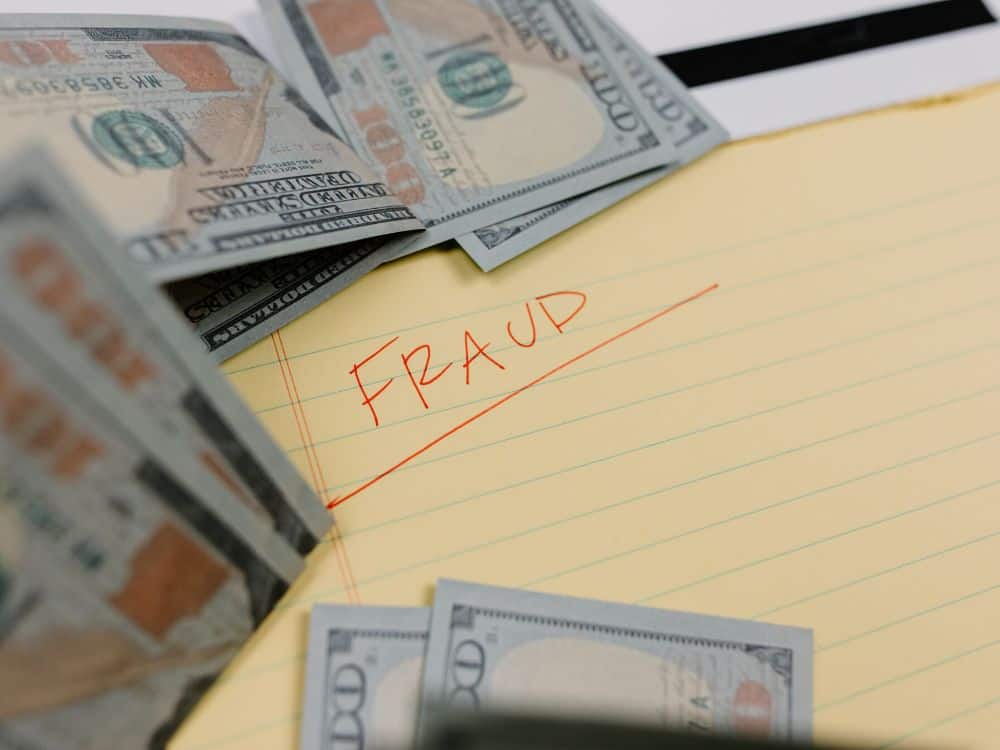
But even with these changes in oversight, does the public trust USDA organic? There is a growing viewpoint that USDA Organic labels are no longer trustworthy. And for good reason.
USDA Organic fraud
Large-scale cases of fraud have made it into news headlines in recent years.
In 2021, a Missouri farmer was charged with selling at least $142 million in conventionally-grown grain as organic. Randy Constant’s case exposed one of the vulnerabilities in the USDA organic certification process: that farmers and producers pay the certifiers. This may present a conflict of interest.
Also, when a farmer has to get back to the demands of, well, farming, there isn’t much time for lengthy inspections, a multitude of questions, and ALL.THE.PAPERWORK.
If a producer has to get back to milking cows, sowing seeds, and setting up the CSA orders, inspectors may feel justified in ditching a full-blown inspection. When inspectors aren’t well-versed in the world of agriculture (as many aren’t), it provides another loophole for non-organic producers to get the green label.
Between that and the money that comes in through the process, there may not be a lot of incentive to cry wolf about produce grown with prohibited substances or even GMO seeds.
Vulnerabilities like these enabled a Minnesota grain farmer to share his NOP certificate to get more than $46 million from fraudulent “organic” soybean and corn sales.
It’s also what happened with falsely-claimed “organic” pineapples in Costa Rica.
“Factory farm organic”
Can you trust USDA Organic?
The Cornucopia Institute has its suspicions. Reporting that there are certifiers both “committed to preserving and promoting longstanding organic principles and those that are incentivized by corporate influence”, the non-profit has taken matters into its own hands.
Their Certifier Guide rates U.S. certifiers based on their approach to robust inspections, audit trails, outdoor access for livestock, and more. They do so in response to USDA-certified large-scale operations that not only betray the spirit of organics, but in some cases violate the law.
These include Aurora Organic Dairy, Chino Valley Ranches, and Delta Egg—operators of giant factory farms, concentrated animal feeding operations (CAFOs), and massive two-story hen houses.
Also viewed with a skeptical eye are Wholesum Harvest and Driscoll’s Inc., some of the world’s largest producers of hydroponic produce and berries.
This organic watchdog thinks that USDA Organic is misleading and takes power away from producers attempting to do the right thing.
5. Can You Trust USDA Organic Labels?

As we’ve seen with other sustainability certification schemes, including BCI Cotton and various sustainable forestry certifications, the USDA Organic label has its problems.
But does this mean USDA Organic labels are no longer trustworthy?
The organics industry is growing rapidly and today, more than 82% of households in the U.S. trust it enough to purchase certified organic products.
The USDA Organic label may struggle to tick all the boxes for soil health, environmental protection, social fairness, and animal health, but it’s fostered a movement that’s getting stronger daily—with standards and practices that are increasingly becoming more rigorous.
It has also directly paved the way for other labels, like Regenerative Organic Certified™, which certifies regenerative agriculture-based farms and requires that farms are already USDA Certified Organic.
The Real Organic Project, which has higher standards with regard to soil health and animal welfare, is working to create an add-on label to the USDA Organic one, too.
Did you know we Have a Newsletter?
We cover the latest in sustainable living, fashion, zero waste, beauty, travel, finance and more…
Final Thoughts On Is The USDA Organic Label Reliable?
So, can you trust the USDA organic certification?
For the most part, yes.
Every time we reach for something with the USDA Certified Organic label, we can feel good about it being backed by a rigorous certification process that will only continue to improve over time.
But as always, a lot of the power to enact positive change and make USDA Organic even better lies in our hands—or grumbling stomachs.
We can make our voices heard by expressing our thoughts to the NOSB, demand more of our favorite brands, and share this article when any friends or family pose the question: Is USDA trustworthy?
Pin these:
